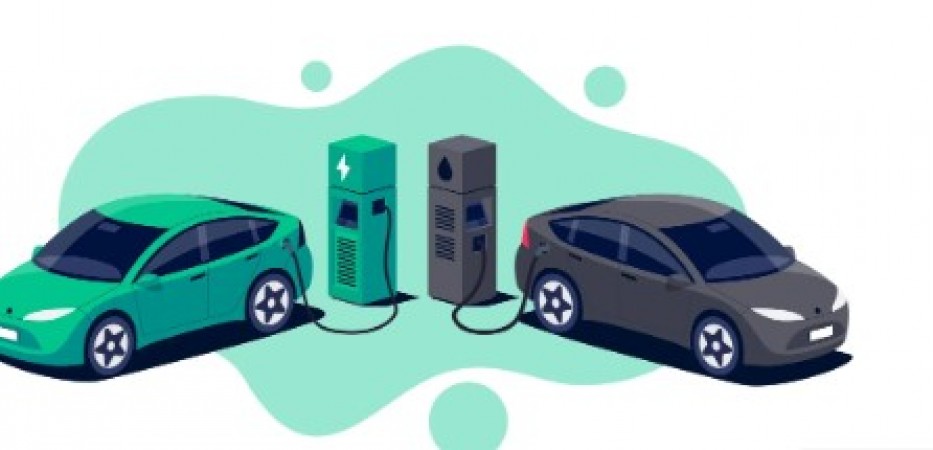
In the ever-evolving landscape of transportation, the affordability of electric vehicles (EVs) is increasingly capturing the spotlight. As consumers weigh their options between traditional petrol-powered vehicles and the emerging realm of EVs, a critical question arises: who offers the better choice for drivers seeking cost-effective and sustainable mobility solutions?
With fluctuating petrol prices influenced by geopolitical tensions and economic factors, the cost of fueling traditional vehicles has become a significant concern for drivers worldwide. The unpredictable nature of petrol prices can strain household budgets and add uncertainty to long-term financial planning.
In contrast, the prices of electric vehicles have been steadily declining in recent years, fueled by advancements in technology, economies of scale in production, and governmental incentives aimed at promoting sustainable transportation. As a result, EVs are becoming increasingly accessible to a broader segment of the population.
When comparing upfront costs, traditional petrol-powered vehicles have historically held an advantage over EVs. However, as manufacturing efficiencies and battery innovations continue to drive down the cost of EV production, the price differential between the two options is diminishing.
Where EVs truly shine is in their significantly lower operating costs compared to petrol vehicles. Electric cars benefit from cheaper electricity rates, reduced maintenance requirements due to fewer moving parts, and tax incentives or rebates offered by governments to incentivize their adoption.
One of the primary motivations for transitioning to EVs is their potential to reduce greenhouse gas emissions and mitigate climate change. Unlike petrol vehicles, which emit harmful pollutants during combustion, EVs produce zero tailpipe emissions when powered by electricity generated from renewable sources.
While EVs may produce fewer emissions during operation, the environmental impact of manufacturing their batteries and generating electricity must also be considered. However, advancements in battery technology and the shift towards renewable energy sources are steadily improving the overall sustainability of EVs.
A critical factor influencing the adoption of EVs is the availability and accessibility of charging infrastructure. While petrol stations are ubiquitous, the expansion of EV charging networks is still underway, although significant progress has been made in recent years to address this challenge.
Concerns regarding the limited driving range of EVs have been alleviated by advancements in battery technology, allowing modern electric cars to travel hundreds of miles on a single charge. Additionally, the convenience of charging at home or utilizing fast-charging stations during longer journeys enhances the appeal of EVs for many drivers.
Beyond cost and environmental factors, the driving experience plays a crucial role in consumers' vehicle preferences. EVs are known for their smooth and quiet operation, instant torque delivery, and advanced technological features, which appeal to drivers seeking a modern and refined driving experience.
Ultimately, the decision between petrol and EVs boils down to individual preferences, lifestyle factors, and driving habits. While some drivers may prioritize the familiarity and convenience of petrol vehicles, others may be drawn to the long-term cost savings and environmental benefits offered by EVs.
As electric vehicles continue to become more affordable and technologically advanced, they are poised to revolutionize the automotive industry and reshape the future of transportation. While petrol vehicles may still hold sway in certain contexts, the growing appeal of EVs underscores a fundamental shift towards sustainable and cost-effective mobility solutions.
Visa and Mastercard Cease Business Payments via Cards Following RBI Directives
Here's How Govt Orders Cut in Mumbai Airport Flights to Ease Congestion